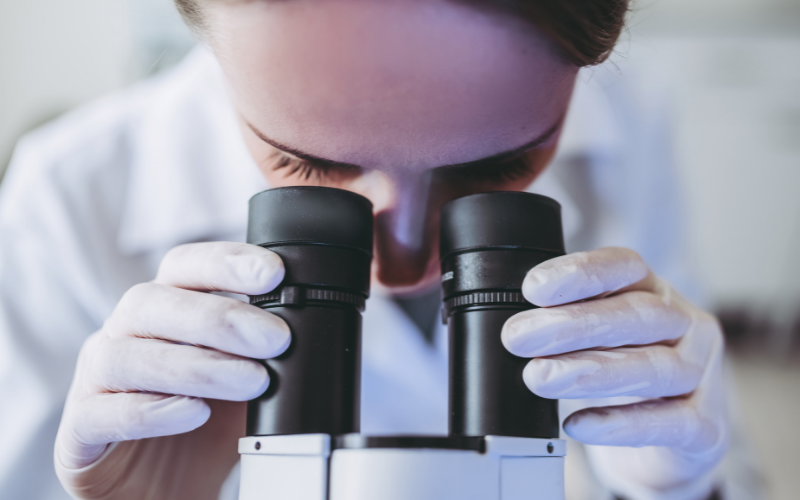
Overview
This role involves designing, analysing, and reporting on clinical research and trials to understand how drugs affect the body, how the body processes drugs, and how drugs can treat specific diseases. It’s a diverse position that contributes to discovering and developing new medicines while enhancing our understanding of existing ones. You might work with organisations like the National Institute for Health Research, Biomedical Research Centers, and academic groups to advance the development of new treatments in a scholarly setting.
During the clinical pharmacology scientist apprenticeship, you’ll lead the design of research and trials to test new medicines. Your insights and recommendations are crucial for ensuring the results of these studies are meaningful. As a leader and role model, you’ll need to approach challenges thoughtfully, communicate effectively, and thrive in a team environment. Completing this apprenticeship earns you a Master of Science degree in clinical pharmacology.
What You’ll Do
- Determine the right drug doses for trials at different stages of development using mathematical methods.
- Plan and organise clinical trials to understand how drugs work in the body, deciding which trials to do their order, and timing.
- Design specific clinical trials, advising on goals, methods, data collection, and analysis.
- Ensure interactions with regulatory agencies are safe and effective for planned trials.
- Assist in applying for licenses for new drugs, focusing on clinical aspects.
- Support trial conduct by advising on dosing, co-medications, and specific patient groups.
- Help prepare technical documents like study plans and reports for regulatory purposes.
- Communicate clinical data effectively to stakeholders through reports and presentations.
- Find innovative ways to improve clinical trial efficiency.
- Mentor and train others in best practices.
- Achieve goals within budget constraints and consider financial impacts.
- Lead and support teams to meet organisational goals.
- Implement changes to meet technical and organisational needs.
- Consider broader business factors like legal and economic aspects.
What You’ll Learn
- Understanding How Drugs Work: Learn how drugs interact with the body, including how they bind to targets and their effects. Explore how drugs are absorbed, distributed, metabolised, and excreted and how these processes affect dosing. Understand the basics of toxicology and how it helps assess drug safety.
- Determining the Right Dose: Discover how we decide on the appropriate drug dosage, considering safety margins and preclinical testing. Learn how to use preclinical data to predict human responses and determine starting doses for clinical trials.
- Planning and Conducting Studies: Understand the types of studies needed, considering factors like drug interactions, age, and health conditions. Learn about trial design, risk evaluation, and adaptive study designs. Explore strategies for managing resources and dealing with protocol deviations.
- Reporting Study Findings: Learn how to document and report study results effectively, following guidelines for transparency and reproducibility. Understand how protocol deviations can impact results and interpretation.
- Using Statistics Properly: Gain insight into statistical principles used in clinical trials, including sample size calculations and data analysis techniques. Learn when and how to apply statistical methods in different situations.
- Analysing and Interpreting Data: Explore methods for visualising and analysing data, including different quantitative techniques. Understand the role of bioanalytical techniques and data synthesis in concluding study results.
- Understanding Legal and Regulatory Aspects: Learn about regulations governing clinical research, including good practices and licensing requirements. Understand ethical considerations in research and how they apply to different populations.
- Role of Clinical Pharmacologists: Discover how clinical pharmacology influences decision-making in drug development and interacts with other stakeholders. Understand its impact on project success and risk management.
- Drug Discovery and Development: Explore the stages of drug development and the principles of translational research. Learn about emerging therapeutic approaches and technologies, such as pharmacogenomics and innovative drug delivery systems.
- Learning and Development in the Workplace: Understand workplace learning principles, including coaching and mentoring. Learn about equality, diversity, and leadership skills relevant to scientific organisations.
- Effective Communication: Learn to tailor communication to different audiences and situations, using various methods to convey information effectively.
